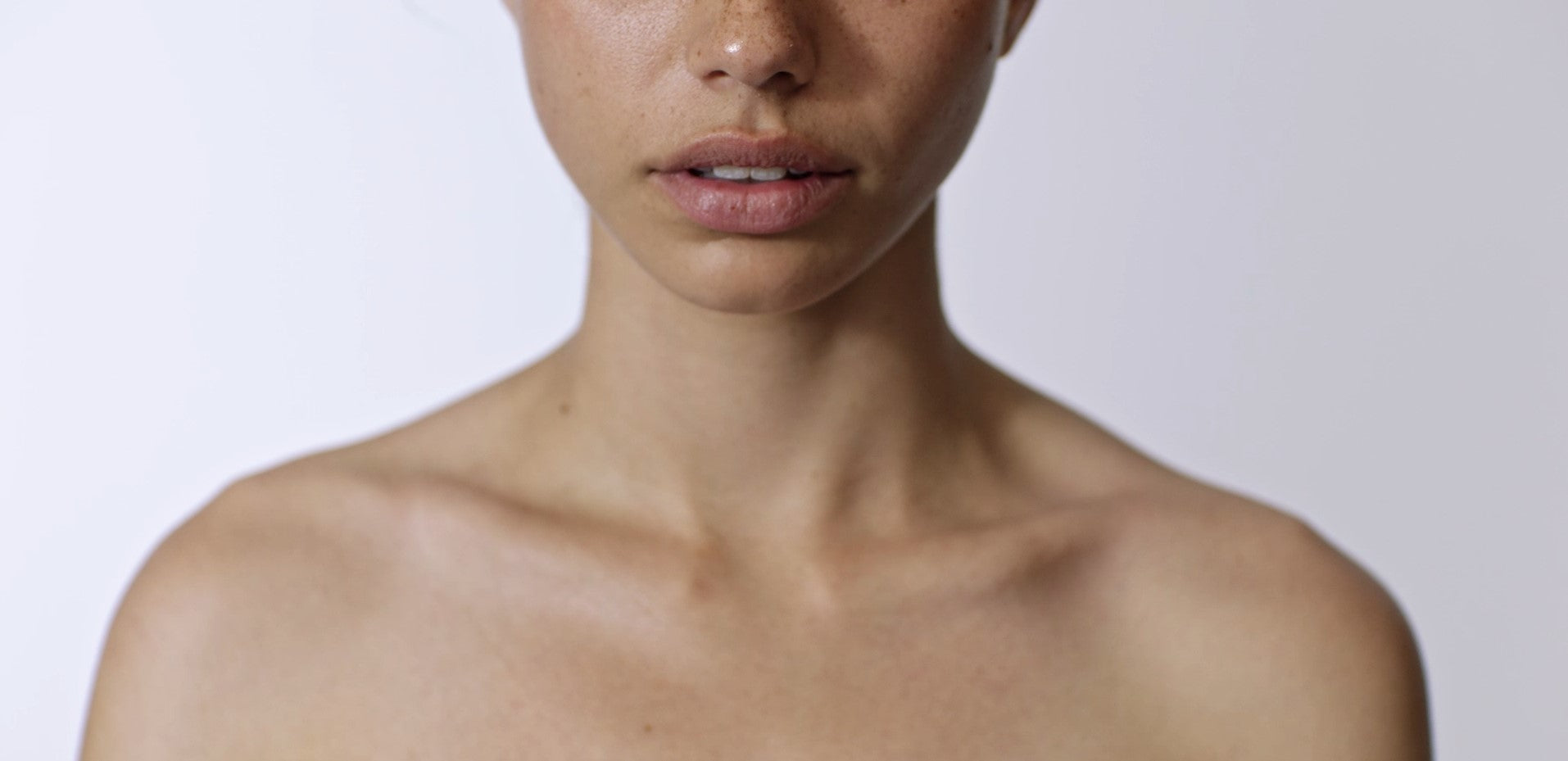The global beauty industry creates more than 120 billion units of packaging each year, with a vast majority of this going straight to landfill or incineration. Along with having devastating environmental consequences (such as contributing to global warming because it’s made from fossil fuels), the industry’s reliance on plastic also affects human health: microplastics from discarded packaging can enter our waterways, infiltrate our drinking water and contaminate our food supply. Yet the industry’s value is growing at a rapid rate and is expected to be worth US$ 560.50 billion by 2030.
Why is plastic such a problem?
Since the 1950s, when mass production began, only 9% of the world’s plastic has ever been recycled. This is because the plastic currently in circulation is either not recyclable, or has not been recycled properly. “Many of the design technologies that make personal care and beauty products so squeezable, twistable, portable and generally easy to use render them difficult to recycle,” TerraCycle’s European head of communications, Stephen Clarke, told The Guardian. “The more complex or costly the packaging, the harder it is to collect, separate and recycle. As a result, it makes it more economically viable to simply trash it than put forth the resources to recover it.” According to National Geographic, plastic takes more than 400 years to decompose.

What are the different types of plastics?
There are more than 45 different types of plastics, but commonly in beauty packaging you’ll come across PET plastic. Although it can be recycled, this type of plastic is made from chemicals sourced from fossil fuels, is not biodegradable and still takes more than 400 years to break down. Squeeze tubes, containing moisturisers, masks and creams, are commonly made from PP plastic, which is a lower impact plastic but is only recycled at a rate of 1-3%. You may have also heard of PCR plastic, a composite plastic in which a percentage has been made from recycled plastics. While this is a promising advancement, in an ideal world the beauty industry would operate on a circular model where all plastics are kept in constant use, rather than constantly having the need to create more plastics.

What is By Beth doing to help tackle the industry’s packaging issue?
Sustainability is at the heart of By Beth and we are committed to finding new ways to innovate our packaging so it is as environmentally-friendly as possible. Instead of using plastic, our signature vessels are crafted from glass – an infinitely recyclable material – and the lids are made from ethically-sourced wood. They’re designed to be reused time and time again. Simply top up with our refill pouches, which are made from compostable film. Our latest product, The Sachet Set, features 14 single-serves of collagen, each packaged in sustainable Kraft paper and recycled film, arriving in a recyclable box made from 100% bamboo pulp. We also use soy-based inks and papers that have been certified by the Forest Stewardship Council, an organisation dedicated to rainforest preservation.

Explore the By Beth range of 100% Australian bovine collagen


